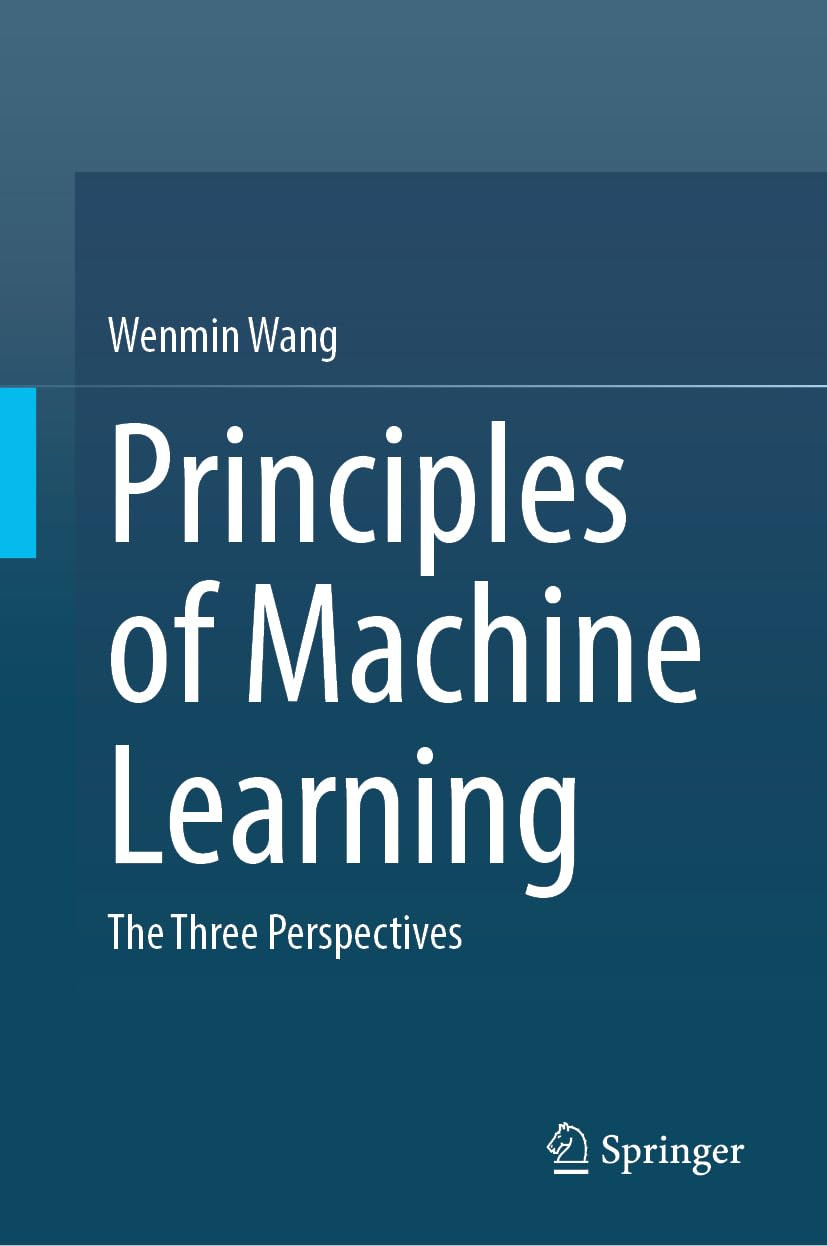Product desciption
Principles Of Machine Learningthe Three Perspectives 2024th Edition Wenmin Wang by Wenmin Wang 9789819753338, 9789819753321, 9819753333, 9819753325 instant download after payment.
Conducting an in-depth analysis of machine learning, this book proposes three perspectives for studying machine learning: the learning frameworks, learning paradigms, and learning tasks. With this categorization, the learning frameworks reside within the theoretical perspective, the learning paradigms pertain to the methodological perspective, and the learning tasks are situated within the problematic perspective. Throughout the book, a systematic explication of machine learning principles from these three perspectives is provided, interspersed with some examples. The book is structured into four parts, encompassing a total of fifteen chapters. The inaugural part, titled “Perspectives,” comprises two chapters: an introductory exposition and an exploration of the conceptual foundations. The second part, “Frameworks”: subdivided into five chapters, each dedicated to the discussion of five seminal frameworks: probability, statistics, connectionism, symbolism, and behaviorism. Continuing further, the third part, “Paradigms,” encompasses four chapters that explain the three paradigms of supervised learning, unsupervised learning, and reinforcement learning, and narrating several quasi-paradigms emerged in machine learning. Finally, the fourth part, “Tasks”: comprises four chapters, delving into the prevalent learning tasks of classification, regression, clustering, and dimensionality reduction. This book provides a multi-dimensional and systematic interpretation of machine learning, rendering it suitable as a textbook reference for senior undergraduates or graduate students pursuing studies in artificial intelligence, machine learning, data science, computer science, and related disciplines. Additionally, it serves as a valuable reference for those engaged in scientific research and technical endeavors within the realm of machine learning. The translation was done with the help of artificial intelligence. A subsequent human revision was done primarily in terms of co


